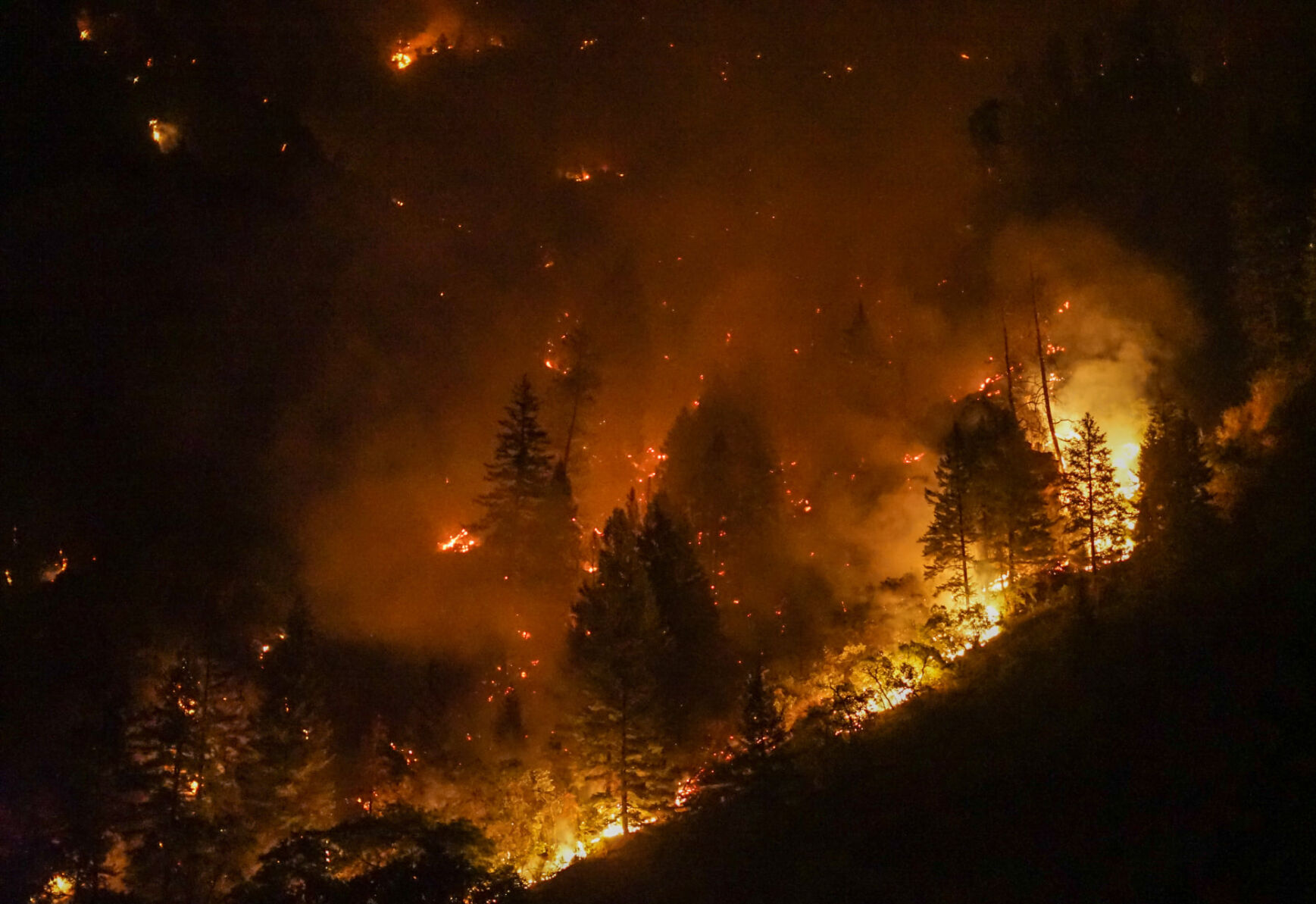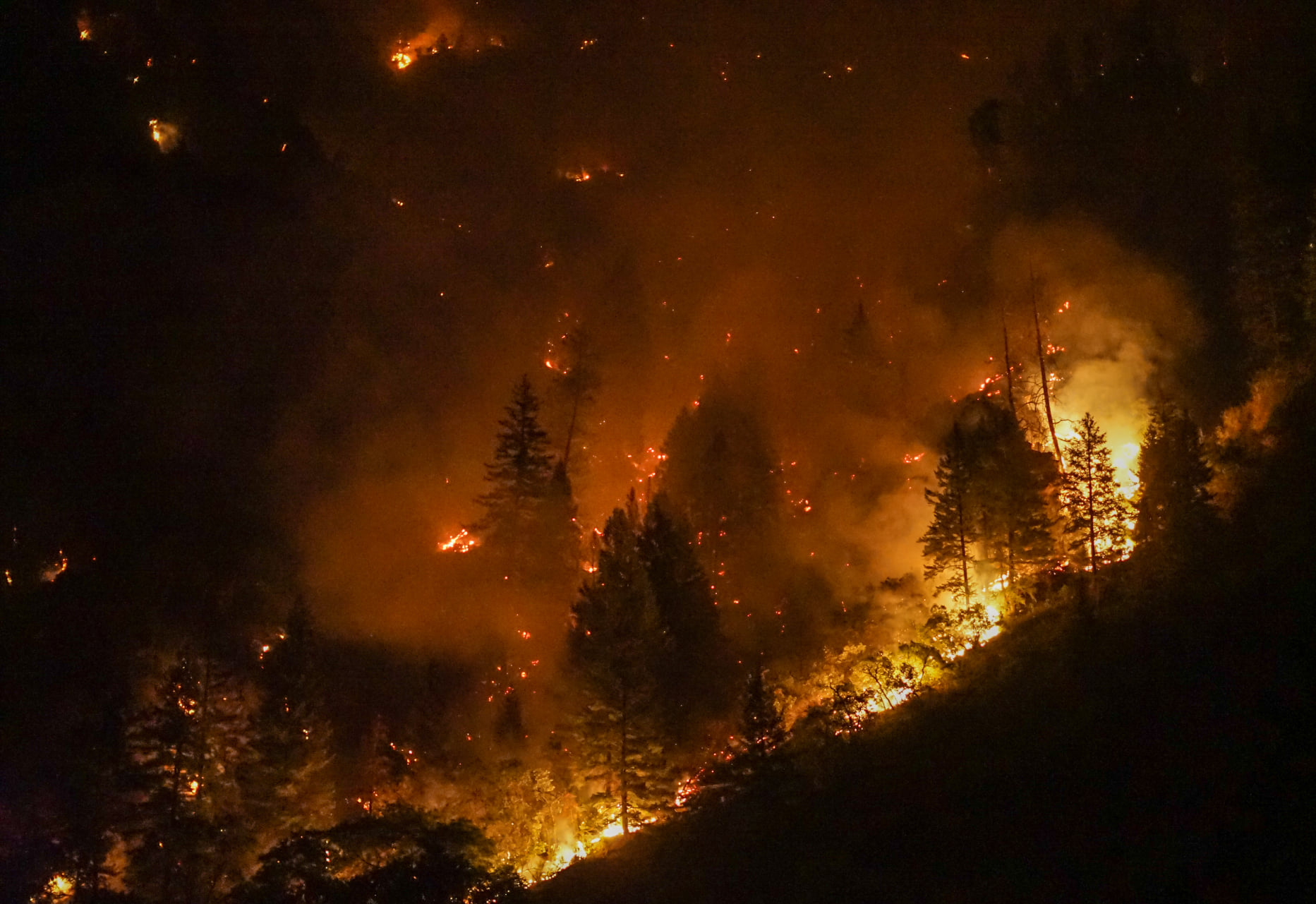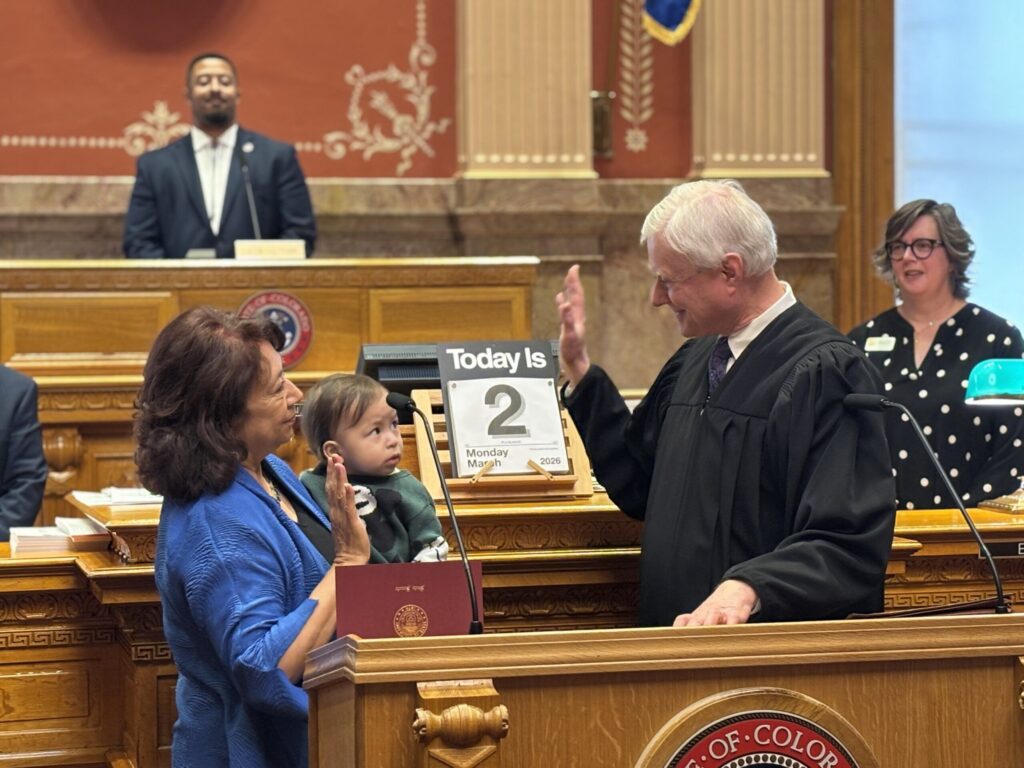Panel advances incentives to bolster timber, forest health, wildfire mitigation industries

A Colorado House panel advanced legislation on Thursday to support the timber, forest health and wildfire mitigation industries through internship programs and a tax credit.
If enacted, House Bill 1166 would cover half the costs of employing interns and offer tax credits for purchasing equipment and vehicles used in these industries. The House Energy and Environment Committee unanimously approved the bill, sending it to the Finance Committee for consideration.
“We’ve seen a degradation of the (timber) industry and that’s really what brought me here today,” said bill sponsor Rep. Mike Lynch, R-Wellington. “This is a creative way of us moving forward to promote an industry that needs help right now, but at the same time, we’re actually helping to mitigate wildfires.”
The bill was originally drafted to only bolster the timber industry, but it was expanded Thursday to include forest health and wildfire mitigation in light of Colorado’s recent wildfires. This week alone, wildfires prompted evacuations of tens of thousands of people near Boulder and Estes Park.
Lynch said he grew up in rural districts around the state where the timber industry offered popular and lucrative careers, mostly from mom-and-pop operations. But now, he said, most of the businesses are gone or on the way out, with younger generations turning away from the industry. Besides learning from parents and mentors, there are limited opportunities to enter the timber industry, he said.
In Colorado, the average age of loggers is 69 and the average age of timber truck drivers is 71, according to the Colorado Timber Industry Association.
“We need to be looking at ways to attract, train and keep new workers,” said Molly Pitts, executive director of the Colorado Timber Industry Association. “And we also need to grow industry in parts of the state that currently are lacking utilization capacity.”
The bill also comes as forest health and wildfire mitigation are at the forefront of public awareness in Colorado.
Only three months ago, the Marshall fire – the most destructive wildfire in Colorado history – tore through Boulder County, burning over 6,000 acres and destroying more than 1,000 homes. Record-breaking wildfires have become more and more common in the state, with the three largest wildfires in Colorado history all occurring in 2020.
While the bill received unanimous support from the panel and no organizations registered in opposition, a local activist spoke against the bill Thursday. Jan Rose rejected the assertion that there are not enough employees to fill these industries, saying the state is simply looking in the wrong place.
“We have a national Department of Corrections constant source of people already trained in forestry skills as part of wildfire management,” Rose said. “I would love to see this bill actually prioritize giving 50% incentives for hiring paroled inmates, making sure we offer them a way to avoid recidivism.”
However, supporters of the bill said it is essential to regain youth interest if the industries are going to succeed in the long-term, calling the internship incentive program a “generational approach” to strengthening the industries.
If enacted, the internship incentive program would run through 2032 and the tax credit would last until 2026. The tax credit would cover 20% of purchase costs with an annual $10,000 cap. Whenever possible, the equipment and vehicles would have to be purchased within Colorado and electric.














